George Eliot Archive
Our Lady of the Floss
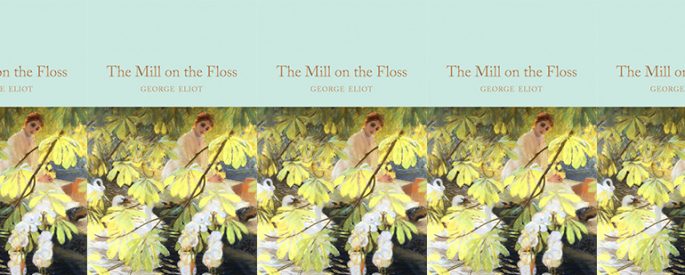
Never losing sight of the sensibilities that make the protagonist of her 1860 novel fallibly, achingly human, George Eliot also venerates Maggie Tulliver’s passions and feelings, suggesting that the path to virtue may not lie in rigidity and conventional moralism, but in the volatile, messy outpourings of the human
The Argument over Empathy
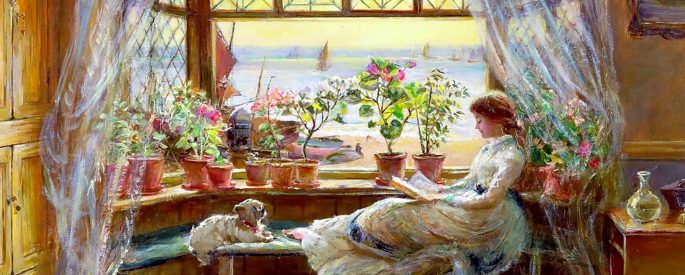
Studies with children have directly connected reading fiction with the development of empathy, but things get messy when we look at how empathy actually works in the real world. Who are we empathizing with, and who are we leaving out? And will it really lead to moral action, or
George Eliot and Wagnerian Opera
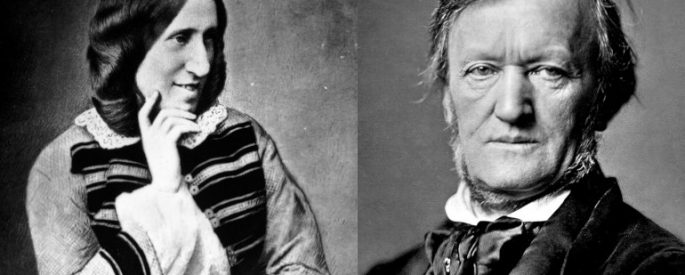
From her earliest encounters with Richard Wagner, George Eliot engaged critically with his work. She praised his mythological themes, his use of leitmotif, and his vision for the future of opera, but admitted to finding his works overlong, and her own musical ear ill-tuned to finding pleasure in his
The Age Gap in 19th Century Literature
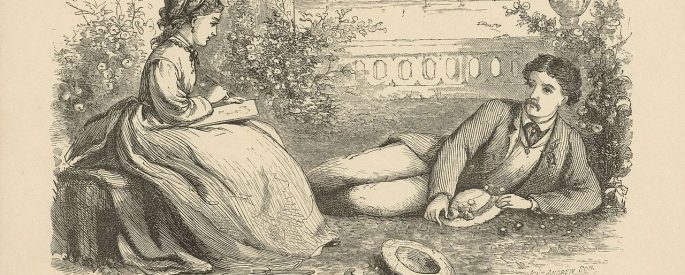
Mona Chalabi's op-ed for the NYTimes states that as women age, they examine the dating profiles of their contemporaries, while men, no matter their ages, peruse photos of women in their early 20’s.
The Weird Nineteenth Century
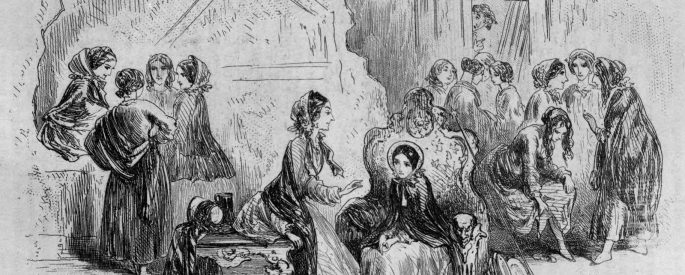
The reputation of the nineteenth century novel tends to precede its reading. By this I mean: few readers come to first contact with the likes of JANE EYRE, MIDDLEMARCH, or TESS without some established prejudice for or against the genre, usually in the milieu of a middle or high
Do-Overs: A Little Serial to Tide You Over

Last year’s wildly popular podcast, Serial, will be back this fall with a new case. Looking for something to fill the time while you wait? Why not check out some of the original serials—novels that were doled out in dribs and drabs. Serial follows in a long tradition of
Round-Down: Historical Underpinnings of Continual Sexism in Publishing
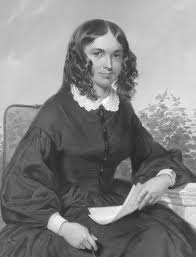
Writer Catherine Nichols’ recent experiment, in which she submitted a manuscript to agents under a male pseudonym and received eight-and-a-half times the number of responses that the same manuscript received under her real name, confirms a gender bias in publishing that desperately needs addressing. Nichols is not without precedent in